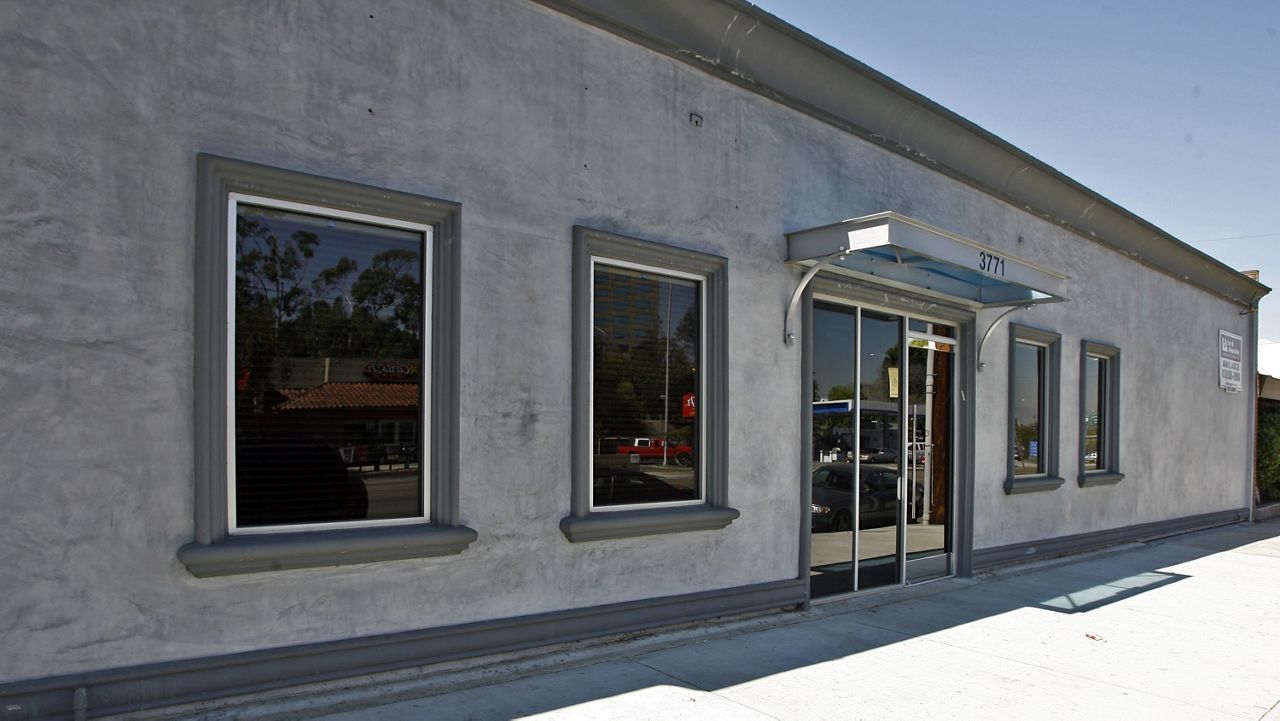Distressed properties like old hotels and vacant offices would be converted into affordable housing under a measure approved Wednesday by state lawmakers.
The program was cheered by advocates for affordable housing in New York, which is undergoing a shortage statewide.
"This is a needed band-aid on the housing crisis and it will have a real impact on people’s lives," said Althea Matthews, an advocate with the group VOCAL-NY who has been living in a shelter for the last two years. "We still need a comprehensive plan to create even more non-profit housing, and we are never going to solve the problem of homelessness until we stop seeing it as a business."
The measure would allow the state to finance the purchase and conversion of the vacant properties to create permanent housing by non-profit organizations. The bill was also approved as housing issues for people facing economic hardship during the pandemic have risen to the forefront of the agenda in Albany.
"The Housing Our Neighbors with Dignity Act builds on those efforts and continues to address housing issues that the pandemic has heightened," said Senate Majority Leader Andrea Stewart-Cousins. "We are taking action to stand up for our unhoused neighbors, address these prominent issues in housing, and provide appropriate resources and education to help break the stigma associated with homelessness."
The bill also addresses the rise in vacant commercial properties that have also skyrocketed during the pandemic as more people stay at home during the crisis. Policymakers since the start of the year had eyed the vacant commercial space for potential conversion into housing as the economy was being readied to reopen.
“New York has been battling an affordable housing crisis since long before the pandemic, but it has undoubtedly intensified under the pressure of this health and economic crisis," said Assembly Speaker Carl Heastie. "The Housing our Neighbors with Dignity Act will allow us to create safe, decent and affordable housing for New Yorkers who need it most, a meaningful investment in the future of our communities as we continue to recover, reopen and reimagine.”
The bill goes to Gov. Andrew Cuomo's desk for his consideration. Cuomo had proposed a similar conversion program earlier this year when rolling out his State of the State agenda.


